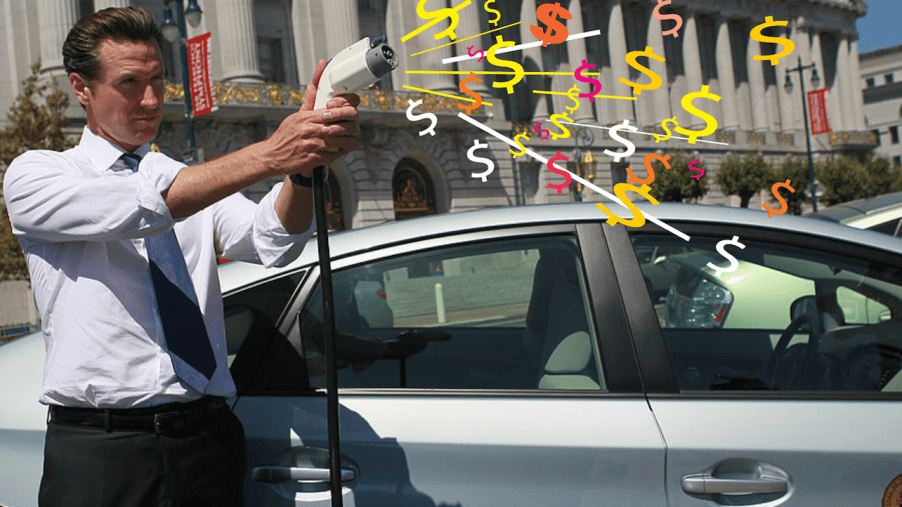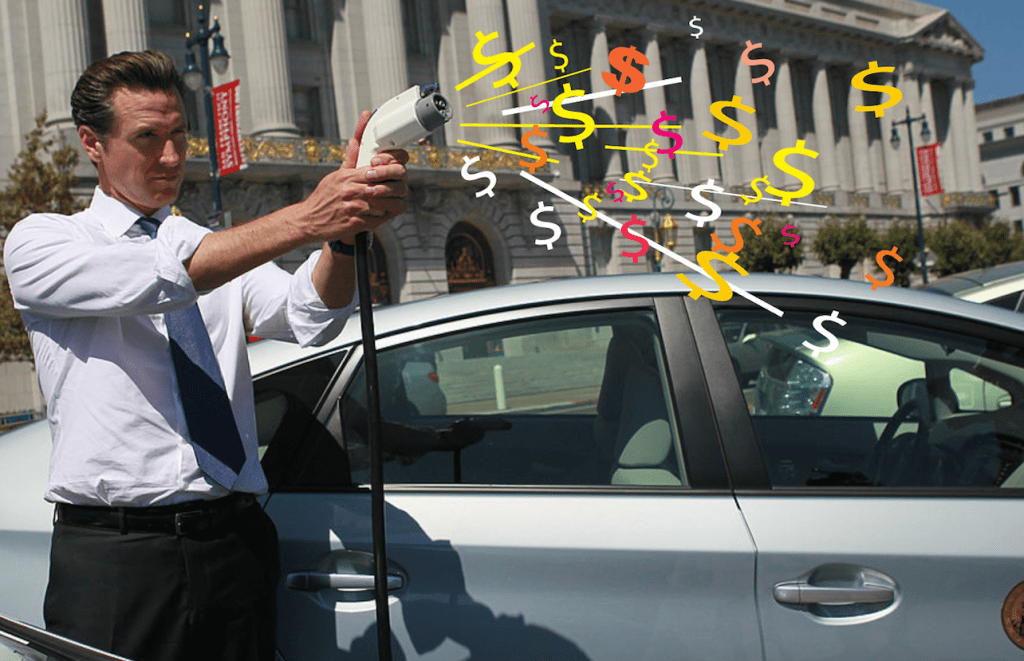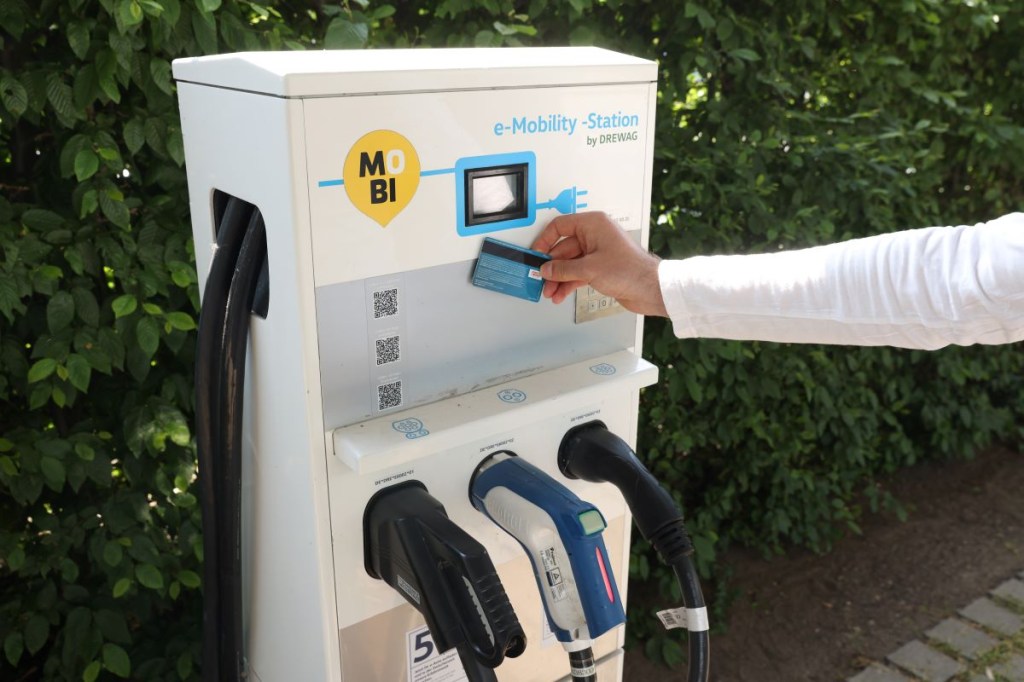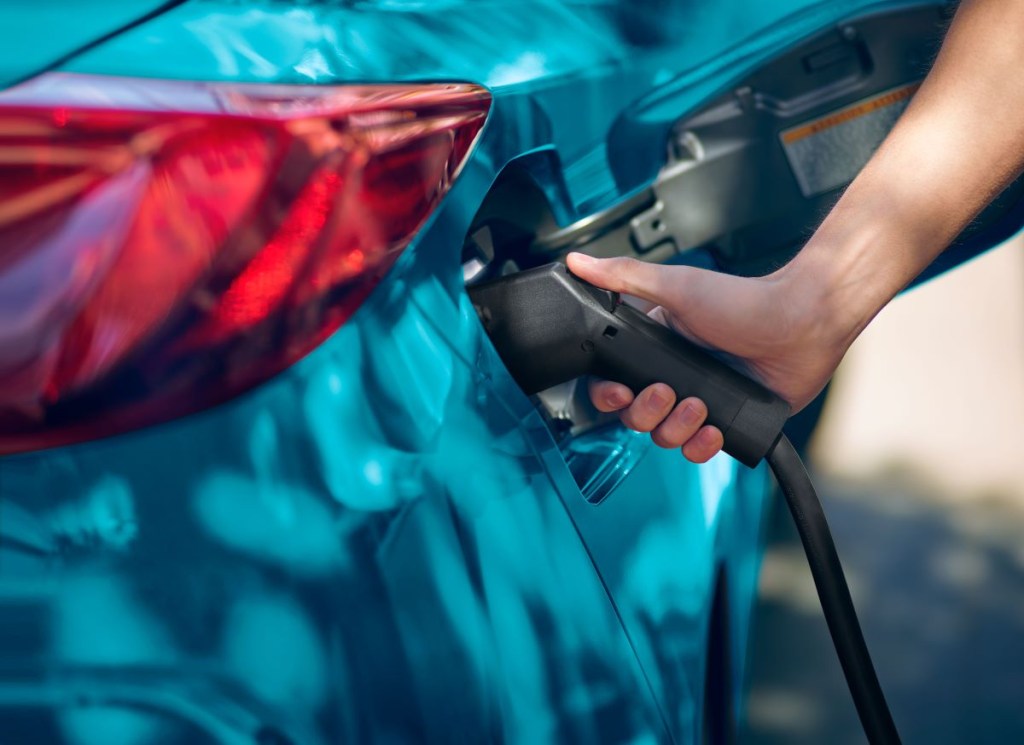
EV Charging Is Approaching Prices For Gas Fill Up
Once gas prices soared in March, there was a spike in electric vehicle sales. For obvious reasons, car buyers stepped for an EV up to save money. Or more specifically, to be released from the ups and downs (but mostly ups) of fuel prices. But guess what? As gas prices increased, so too has the cost of electricity. So now we’re approaching the reality that EV charging isn’t looking like much of a money saver anymore.
Where are they charging gasoline prices for electricity?

To be clear, if you charge at home, you’ll still beat the higher costs for electricity. It is at the charging stations that the rise is noticeable. And it is not just charging that takes more money. Tesla, the largest EV manufacturer to date, has increased its prices across the board. Actually, it has done this numerous times just this year.
One reason is the increasing cost of materials. But with its popularity increasing, it is also a reaction to the market. It becomes a Domino effect of one price hike spiking the next price increase. As so it goes. So we are now at a stage where both EV prices are rising, and operating costs are keeping pace. Not good.
Especially supercharging prices at charging stations have gone up dramatically, especially in California. Some countries, like Canada, charge a per-minute rate for electricity. They have seen the largest spike. In the U.S., charging is done by the kilowatt hour.
How much are the EV charging prices?

Yet, even here during peak hours, some stations charge around $0.58 kWh. Peak hours are usually from 11 AM to 9 PM. From 12 AM to 11 AM, and again from 9 PM to 12 AM, prices usually drop to around $0.29 kWh.
As of April 1, the average cost of electricity in the U.S. was 15.45 cents per kWh. The highest in the continental U.S. is 21 cents in Connecticut, with the lowest at 7.8 cents in Idaho. In all of the U.S., Hawaii charges a whopping 35.68 cents a kWh. Yikes!
So the cost to fully charge a Tesla Model S on average today is $18.23, according to Energysage. That gives you 405 miles of range or about 4.5 cents a mile. But at a supercharger station during peak hours in certain parts of California, that price spikes to $68.44 for a full charge. As we said, that is approaching the price of filling up your tank with gas.
Could this kill interest in EV ownership?

So we are now at a slippery slope where the appeal to many of an electric vehicle is slipping away. Sure, it is still better environmentally to go electric. But will that be enough to convince car buyers to make the switch if there is no operation upside?
If we hit parity between the price of gasoline and electricity, factoring in the increasing costs of electric vehicles, we may see stagnation in the EV market before it even takes off. Or worse. It’s cautionary, but something we’ll be seeing more and more focus on throughout 2022.



